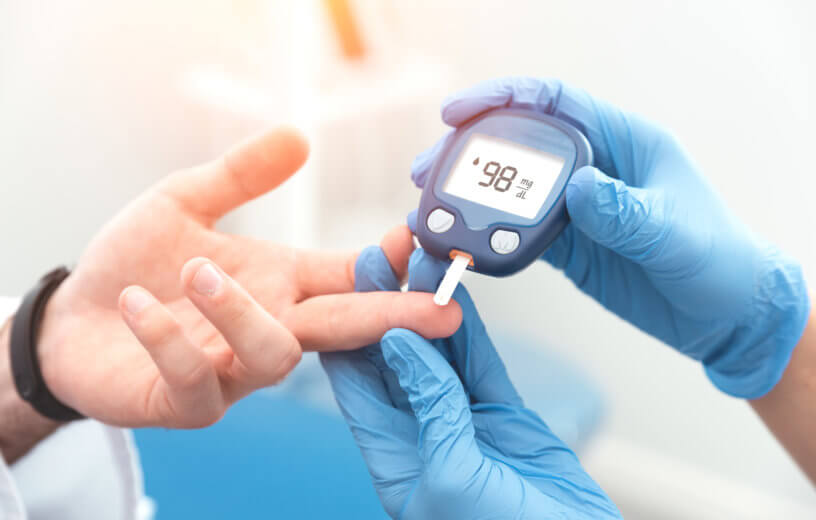VIENNA, Austria — For people living with Type 2 diabetes, managing their blood sugar levels can sometimes be a full-time job. While regular insulin treatments are the norm, a groundbreaking medical procedure could soon make them a thing of the past. Researchers in the Netherlands have revealed a new technique which they say can end the need for insulin in most diabetes patients.
The team from Amsterdam University Medical Center has developed a minimally-invasive outpatient procedure which rejuvenates the lining of the duodenum. This is the first and shortest portion of the small intestine. The duodenum plays a key role in the chemical digestion of food before it is absorbed by the small intestine.
Combining this procedure with daily doses of glucose lowering drugs and mild lifestyle counseling, the study finds 75 percent of insulin-dependent patients did not need their insulin six months later. These patients also saw their HbA1c (a long-term measure of glucose control) fall to 7.5 percent or below. HbA1c levels continued to fall to 6.7 percent after 12 months.
How does the procedure work?
Scientists call the technique Duodenal Mucosal Resurfacing (DMR). The outpatient procedure uses an over-the-wire catheter attached to custom medical console. The device performs a synchronized lifting of the patient’s duodenal mucosa and then an ablation of the operation area. Similar ablation procedures are used on patients with heart conditions.
Researchers believe mucosal cells undergo some sort of alteration when they are subjected to an unhealthy diet high in fat and sugar. This can ultimately change the production and signaling of key hormones, resulting in insulin resistance and diabetes. Study authors say the resurfacing procedure appears to reset this process and rejuvenate those cells.
Added benefits for Type 2 diabetes patients
Aside from removing the need for constant insulin injections, the study finds the treatment also reduces the body mass index of Type 2 diabetes patients. Of the 16 patients in the trial, their average BMI went from 29.8 kg/m2 to 25.5 kg/m2 after one year.
The amount of fat in their livers also dropped from 8.1 percent to 4.6 percent in just six months. Researchers say both decreases are important because obesity and a fatty liver are key risk factors for metabolic syndrome — the collection of conditions including diabetes, high blood pressure, obesity, and high triglycerides.
The quarter of participants who still needed insulin after DMR did see some improvement. Their average insulin dose went from 35 units per day to 17 units within 12 months.
“This could be a game-changing approach in the treatment of metabolic syndrome. A single endoscopic DMR ablation with GLP-1 drugs and lifestyle counselling can lead to discontinuation of insulin therapy in a subset of patients with type 2 diabetes, while improving their blood glucose control and overall metabolic health,” says Dr. Suzanne Meiring in a media release.
“Many patients with Type 2 diabetes are very happy to be able to discontinue insulin therapy, since insulin therapy comes with weight gain and hypoglycemic events. Our earlier study, (Revita-1) with patients that used only oral medication for their diabetes Type 2, showed that the effect of a single DMR was comparable to adding one glucose lowering drug.”
Researchers add that a larger trial, called Revita T2Di Pivotal, will soon begin to test this procedure on a greater number of patients.
The findings are being presented at UEG Week 2020 Virtual.
Like studies? Follow us on Facebook!
